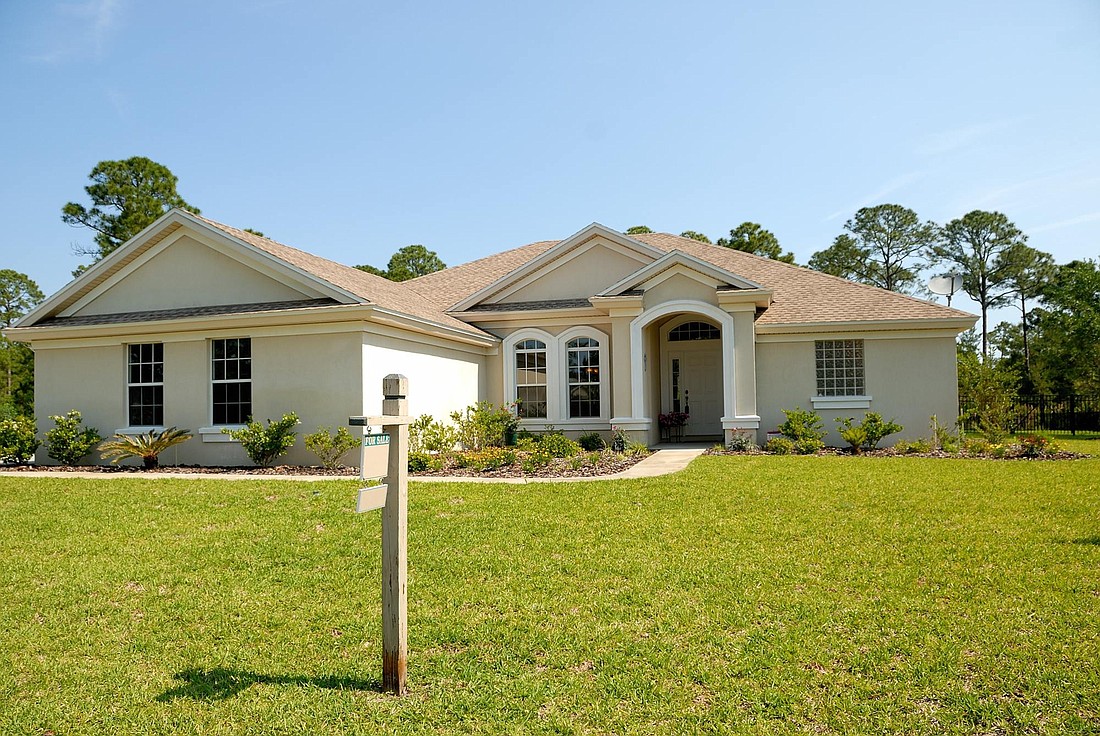The Observer asked for some advice from Polina Ryshakov, senior director, research and lead economist at Sundae, the residential real estate marketplace focused on helping sellers of dated or damaged property get the best price for their house. Here’s how it went:
When preparing to sell your home, what renovations are worth doing and what aren't?
- Upgrades to kitchens and bathrooms are typically a great starting point because they’re one of the first things buyers notice. Today’s buyers love open kitchens with room to both cook and entertain. They also frequently look for extra storage space, and a layout that’s easy to move around, clean and maintain. Bathrooms also offer smart upgrade opportunities, especially master bathrooms that provide an extension to the master suite. In general, outdated kitchens and bathrooms turn off many buyers.
- Reconfiguring the floor plan to improve the flow of a home can make a big impact, especially in older homes with choppy layouts. Open concepts and large uninterrupted spaces are very popular at the moment.
- Anything that directly impacts the aesthetic appearance or curb appeal of a home is likely to provide a good return. Homebuyers remember the most glaring areas of the home, especially the front exterior, from the moment they pull up to the house. This means upgrades like paint, siding, new garage doors, lawn care, or window improvements can be great investment decisions to grab attention.
- Painting is a low cost but critical upgrade. Don’t forget the ceilings.
What are common mistakes?
- Overspending on kitchen and bathroom upgrades. Home experts don’t recommend doing major kitchen or bathroom remodels, as it may not get you the most bang for your buck. When doing any renovations, compare similar homes in your area and what their kitchens and bathrooms look like. If homes in your area are using granite countertops instead of a more high-end marble, for example, just go with granite and call it a day.
- Knocking down walls to combine bedrooms. Maximize the number of prospective buyers you can reach by ensuring your listing has the highest number of bedrooms possible.
- Not budgeting or planning. Renovation projects usually take longer than expected and are more expensive than originally estimated. Start your planning process by researching what projects you want to take on and what the potential cost for labor and materials will cost. Then factor in the timeline. Then add on an extra 10 to 20 percent to your estimated budget.

